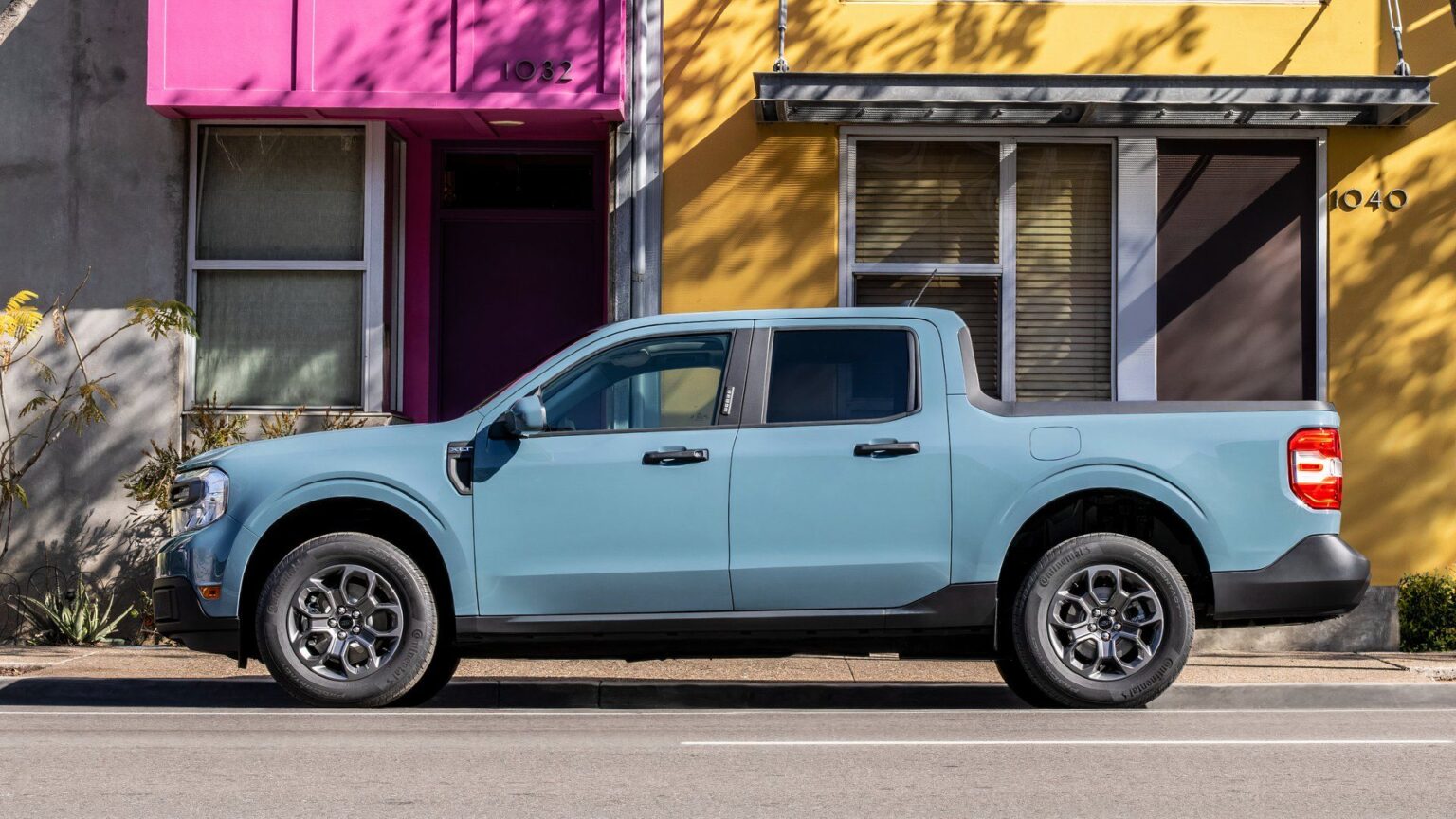You might think EV tax incentives only impact sticker prices. Not true: Three new studies all paint the Inflation Reduction Act incentives as major job boosters, and critical to national security, especially around battery tech, and that’s for hybrids, not just EVs. President Trump said, in one of his executive orders, that cutting the IRA would result in “… saving our auto industry and keeping my sacred pledge to our great American autoworkers,” according to reporting by the Washington Post.
Unfortunately, the facts argue otherwise. According to new analysis at MIT/The Rhodium Group, Princeton University, and the think tank, Energy Innovation, if Congress rescinds the IRA, sales of EVs will fall significantly, from about one in every five cars to about one in every eight. And from nearly half the cars sold in 2030 to only a quarter of all cars. Worse, the job losses and domestic tech damage will be exceptionally broad, with an economic impact of $160 billion.
The Cascading Effects
The Trump White House has tended to think of EVs as a symbol of something rotten in policy. The problem is that EVs, like cars in general, are supplied from across the entire nation, which means that the supply chain damages of weakening the EV supply chain will be damaging across a broad swathe of the country. Specifically, this also hurts domestic jobs in battery tech investment, which was one of the largest aspects of IRA policy. That’s because batteries are integral to the entire energy sector—think of power failures, and preventing them, as job one of your local utility. And think of productivity loss when that backup doesn’t exist, and you understand why that’s a nonpartisan reason for the investment in the first place.
According to reporting by Politico, energy companies—meaning, oil producers, too—are arming themselves with lobbyists to argue for preserving aspects of the IRA because they’re making money on the investment in battery research, in domestic mining, and in re-shoring America’s battery supply chain to the greatest extent possible.
EV Losses = Job Losses
If you only look at EVs, and carve out that sector, Princeton’s study suggests a loss of 100,000 jobs if the IRA is repealed and 8.3 million fewer EVs sold by 2030. The job losses would ripple much farther and more deeply into the supply chain. If EV sales are sliced that deeply, that will also impact the entire auto sector, including auto assembly and battery pack manufacturing. It will also impact mining. Currently, the IRA is designed to prevent the U.S. from falling behind especially China in developing domestic battery components.
And the EV incentives to manufacturers stair-step away from the full $7,500 credit, especially if the components and minerals and batteries aren’t domestically sourced.
Trump’s tariffs alone are a stick; the carrot in the IRA is federal funding to enable the in-sourcing of these supplies to spur domestic manufacturing. In total, across the entire energy sector, gutting the IRA would lead to 790,000 fewer jobs by 2030. And that will make our domestic mineral supply for defense, aerospace, and cars far less secure, according to reporting by the website, CleanTechnica.
Very Bad News for Red State Jobs
The New York Times has reported that repealing the IRA is deeply unpopular—among Republicans in Congress. There’s a good reason for this. According to the MIT report, since the IRA passed, $223 billion has been invested in districts currently represented by Republicans—that’s 77 percent of the $289 billion total investment.
There’s still $524 billion left to be spent on announced or under-construction facilities. There are projects nationwide, with 2,189 still in the works or just in the planning stages—with, again, 77 percent for red states. For instance, this includes a joint, Stellantis-Samsung battery plant in Kokomo, Indiana, that received a promised $7.54 billion loan from the government. That’s expected to generate 3,200 construction jobs and another 2,800 jobs at the factory itself, and another 1,000 for the nearby supplier facility. Rivian is also banking on a $6 billion loan from Trump’s Department of Energy—which could be canceled.
TopSpeed’s Take
If the IRA is eliminated, these studies together paint a very dark picture for automakers’ competitiveness, secure tech and mineral research and supply, as well as a major hit to consumer choice. This is especially true because domestic manufacturing of EVs is also tied to battery manufacturing infrastructure, which in turn is tied to battery development for hybrids as well. We’ve seen tremendous progress for hybridization—and will see even cooler trends. Hybrid tech advancing further matters, because superior hybrids get buyers more powerful cars with lower fuel economy penalties. A Ford Maverick Hybrid gets an astonishing 37 MPG. You don’t have to believe that every car should be an EV to be a fan of this trend, and innovations like EREVs are a clever way to reduce the overall carbon footprint of a car.
But battery tech, and secure infrastructure to develop it, requires investment, including from the federal government. And that will also help the economy and jobs. Regardless of partisanship, these studies, and the future of the industry, should be worthy of our concern and consideration.
Read the full article here


